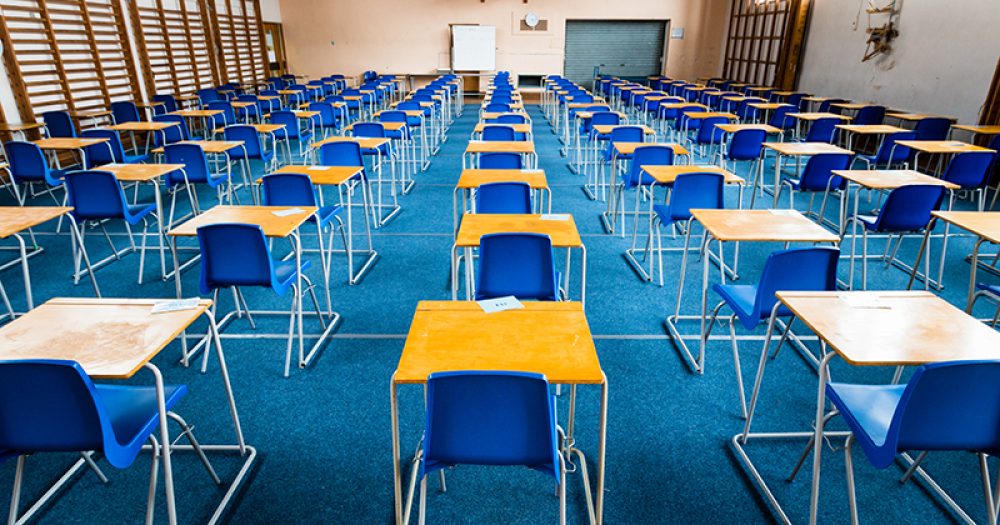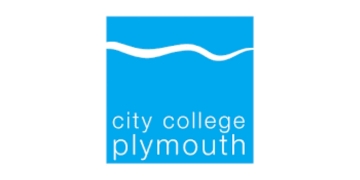Schools and colleges can be confident that Ofqual and exam boards have the tools to make summer 2021 exams fair, writes Dame Glenys Stacey
Teachers, school and college leaders are working in truly exceptional circumstances with students both in college and at home, and to get them ready for GCSE, AS and A-level exams next summer. I know just how unrelenting and demanding this has been since the start of the pandemic — and still is.
The uncertainties we face are unprecedented, so I hope it will be helpful if I state some certainties, from the regulator’s perspective.
First, and as we have said publicly, we got it wrong in the summer. Like other regulators across the UK, and with the best of intentions, we worked with school and college leaders, the government and others to build a substitute for exams in the midst of this pandemic. Together we misjudged things.
It is simply not acceptable for a student to be deprived of the chance to show what they can do, and to be given instead the grades that the system thinks they warrant. We are sorry.
If anything, this summer has shown the importance, the centrality, of exams. We saw that despite every effort and good intention, other forms of assessment are likely to be more inequitable.
We know from research, for example, that non-exam assessment can be subject to bias, with the result that bright disadvantaged students, or students with special educational needs, suffer the most.
This has been a particular worry this summer and we appreciate that asking teachers to take responsibility for determining results for their students puts them in an invidious position. We are certain that examinations should run next year, and we are working with the government and exam boards on that basis.
Exams are important, not just to allow every student to show knowledge and understanding of the curriculum, but to give a fair representation of the extent of that knowledge and understanding.
The exceptional pressure on students and teachers this year has been alleviated to some extent and in some subjects by changes to the curriculum already announced. We appreciate, nevertheless, that whatever the assessment regime in place next summer, assessment choices cannot make up for lost teaching and learning. That would be akin to holding a thermometer responsible for fluctuations in temperature.
But we can take these truly exceptional circumstances into account at a national level, in the awarding process that is part and parcel of an examination series. We took a similar approach to account for dips in learning in the early years of new GCSEs. We and exam boards have the tools, and the experience.
Contingency arrangements will be required, of course, to cover all eventualities at an individual, local or national level. We are discussing potential options with the Department for Education and exam boards, and I look forward to talking options through with school and college leaders before decisions are made.
This is an exceptional time. It does not look as though we will be free from the pandemic any time soon. More than anything, we all want to make sure our young people get the best chance they can to show what they know, and what they can do, in the fairest way possible.
Teachers no doubt want certainty so that they can get on with teaching knowing what to expect. Government policy is that GCSE, AS and A-levels should be assessed predominantly by examination, as now. The regulator is of the same view.
We are working hard to make sure we take into account the effects of the pandemic, to make the best contingency arrangements we can, and to make sure the results are fair and command public confidence in this exceptional time.







Hmm
Fair to whom
Fair to small elitist private education with near enough 1:1 tuition
Fair to ofqual and AOs so that the inbuilt grade boundary algorithms with the bias against the disadvantaged
Fair to those in poorer parts of the country where daily life is disrupted
Why are exams any fairer they are a form assessment favouring those with the resources and parents with the money. They are fair in the sense of making inequality opaque…
Like it or not, it’s hard to argue that the standardised, blind marked work of a closed, consistent exam delivered at the same time across the country will not produce the fairest results. The socio-economic factors you discuss are of course valid and have always been a concern. I suspect that this will continue. However, as a tool for assessing knowledge and ensuring that judgements have any credibility with employers, exams are hard to beat. A few questions: Firstly, do you really think that employers will have any faith in results from Summer 2020? Secondly, would “elitist private education with near enough 1:1 tuition” not show an increase in grade regardless of the assessment method?
Hmmm again
I for one don’t swallow the ofqual line
Perhaps we should have more faith in teachers I know I do.
Normalisation and grade inflation is a political choice not a scientific fact. Indeed there is extensive research that papers marked by differing examiners yield differing results in all but mathematical or science subjects.
We should have faith in a system that writes off the life chances of so many not sure about that?
Still David everyone is entitled to their opinion in democracy…
That could could form an exam question if we add the word discuss!… now that would be interesting.